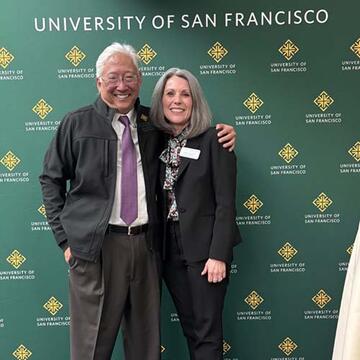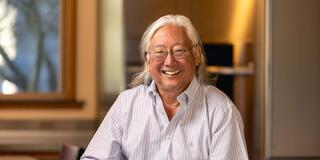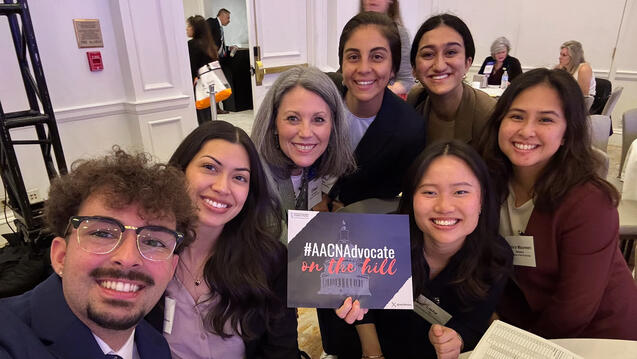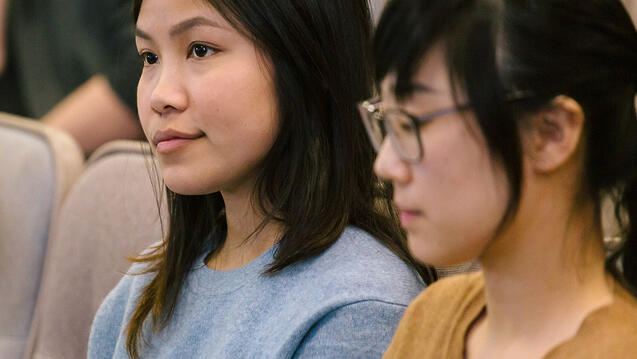
AI for Health Equity with Timothy Chou, Pediatric Moonshot

Timothy Chou’s dedication is deeply rooted in the legacy of his mother, Mary Ann Chou. A trailblazer in her own right, Mary Ann was a nurse trained at Peking Union Medical College in the 1930s and would be especially proud of her son leading the USF 2025 SONHP Crawford lecture.
Timothy Chou's Experience
As the first president of Oracle’s cloud computing business, Chou shaped the industry’s early days and authored The End of Software, a book that foretold the rise of SaaS applications. Chou taught the first-ever class on cloud computing at Stanford University, where he met Dr. Anthony Chang, a physician and head of cardiology at Children’s Health of Orange County. His vision for using AI to revolutionize pediatric healthcare inspired Chou to come out of retirement and help drive that transformation.
The Reality of Healthcare
Most people don’t realize that 60 percent of rural U.S. counties lack pediatric expertise, and three states have no pediatric emergency physicians at all. Yet, we have the technology to build AI applications for cardiology, orthopedics, oncology, radiology, and emergency medicine that could bring expert-level diagnostics and treatment to underserved communities, shared Chou. Consider focal cortical dysplasia (FCD), a rare brain lesion that, if untreated, causes epileptic seizures. A hypothetical teenage boy might suffer two to three seizures per night for over a decade, while his early MRI scans show nothing, leading to years of ineffective drug treatments. The challenge? While 25,000 FCD cases occur annually in the U.S., no pediatric neuroradiologist sees enough cases to become an expert. However, AI could change that; by accessing MRI images worldwide, it’s possible to train an AI model to diagnose FCD in real-time on any MRI machine, offering hope for a future with improved diagnosis processes.

The Time to Revolutionize Pediatric Healthcare With AI is Now
During COVID-19, Pediatric Moonshot launched a venture that focuses on improving access to healthcare, lowering costs, and enhancing pediatric outcomes locally, rurally, and globally. The company aims to develop privacy-preserving, real-time AI applications by leveraging data from the one million healthcare machines across 500 children’s hospitals worldwide.
Pediatric Moonshot Outcomes
Chou said that, to date, he’s most proud of Pediatric Moonshot’s development of BevelCloud, a unique, secure, privacy-preserving distributed AI cloud infrastructure launched at Stanford University. This innovative approach allows distributed AI applications to access data at the point of care, enabling real-time localized AI-driven diagnostics and treatments. Pediatric Moonshot’s next step is to build a distributed AI lab for healthcare and life sciences, a global network that provides authorized applications with real-time access to imaging machines, PACS, and EMRs.
Together, we can make a significant impact on pediatric healthcare.
Learn more at pediatricmoonshot.com


